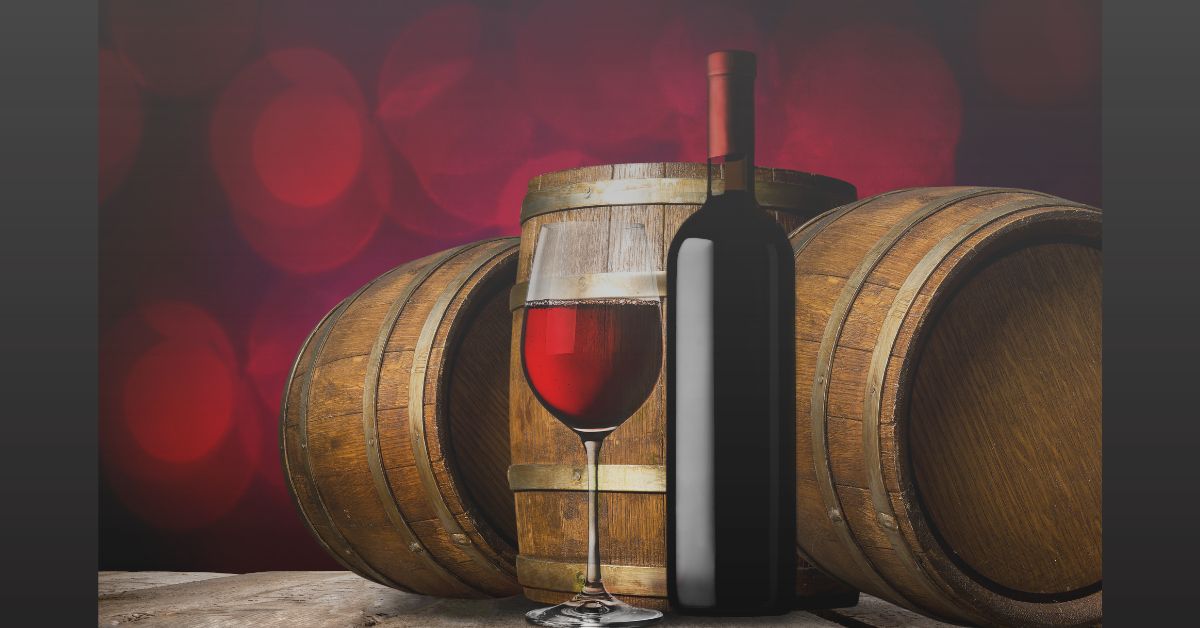The Role of Wine Barrel Size in the Ageing Process

Wine enthusiasts know that aging plays a significant role in developing a wine’s flavor. A key element in this process is the barrel used for aging. The size of the barrel directly impacts how the wine matures over time. Winemakers carefully select barrels to achieve specific taste profiles. Let’s explore how barrel size influences aging and flavor development.
How Barrel Size Affects Ageing
If you are looking for wine barrels for sale, consider options that suit your aging needs and budget. Smaller barrels have more surface area in contact with the drink, speeding up the process. This increased contact allows more oak flavor to infuse into the drink. In contrast, more extensive aging liquor is offered more slowly, with subtler flavor influences.
Smaller barrels are ideal for those who benefit from intense oak characteristics. Larger barrels, however, work well for those who prioritize subtlety and balance. Size plays a crucial role in creating diverse and enjoyable wine profiles.
Impact on Oak Flavor and Complexity
Barrel size significantly influences the wine’s oak flavor and overall complexity. Smaller containers infuse the wine with more pungent oak notes, including vanilla, spice, and toast. The higher surface area exposes the wine to more wood, enhancing these flavors. This option suits a spirit that thrives on bold, pronounced characteristics.
Larger ones, on the other hand, provide a more delicate influence. They offer gentle flavor integration, allowing different elements to shine. This balance makes larger containers popular for spirits that highlight fruitiness or minerality. The difference in flavor complexity between sizes gives the makers creative control over their products.
Oxidation and Evaporation Rates
Size also affects oxidation and evaporation rates during aging. Due to their increased surface area, smaller containers encourage faster oxygen exchange. This controlled oxidation enhances complexity and softens tannins. However, the quicker evaporation rate in smaller containers may result in a more significant loss.
Larger have slower oxidation and evaporation rates, preserving more liquor. This gradual aging process produces smoother, more refined flavors. Makers choose sizes based on their preferred balance between aging speed and preservation. These decisions directly influence the final taste and texture of the drink.
Ageing Time and Wine Style
Barrel size determines the appropriate aging time for different liquor styles. Wines aged in smaller barrels typically require less time to develop their full potential. The accelerated process makes it easier to achieve bold flavors quickly, making this option ideal for early consumption or strong oak character.
Larger barrels allow for extended aging periods, ideal for creating complex, nuanced liquor. Makers often use large for spirits designed to age gracefully over several years. Matching the aging time to the size ensures the preservation of quality and style.
Cost Considerations and Production Needs
Cost and production needs also influence the choice of size in winemaking. Smaller barrels are generally more expensive due to their increased wood requirements. They are often used for limited production runs or high-end liquor. Larger barrels are more economical, hold more liquor per unit, and reduce costs.
Liquor makers balance these factors with their goals and budget constraints. Smaller bottles may suit artisanal producers, while larger bottles benefit commercial wineries. The right choice depends on their priorities and desired production scale. Size decisions play a key role in balancing cost and quality.
When considering wine barrels for sale, focus on selecting the ideal size for aging. The impact on oxidation, evaporation, and aging time further shapes a wine’s character. Cost considerations also factor into decisions, guiding liquor makers in selecting the best option. By understanding these elements, makers, and enthusiasts can appreciate the critical role containers play in crafting exceptional wine.






